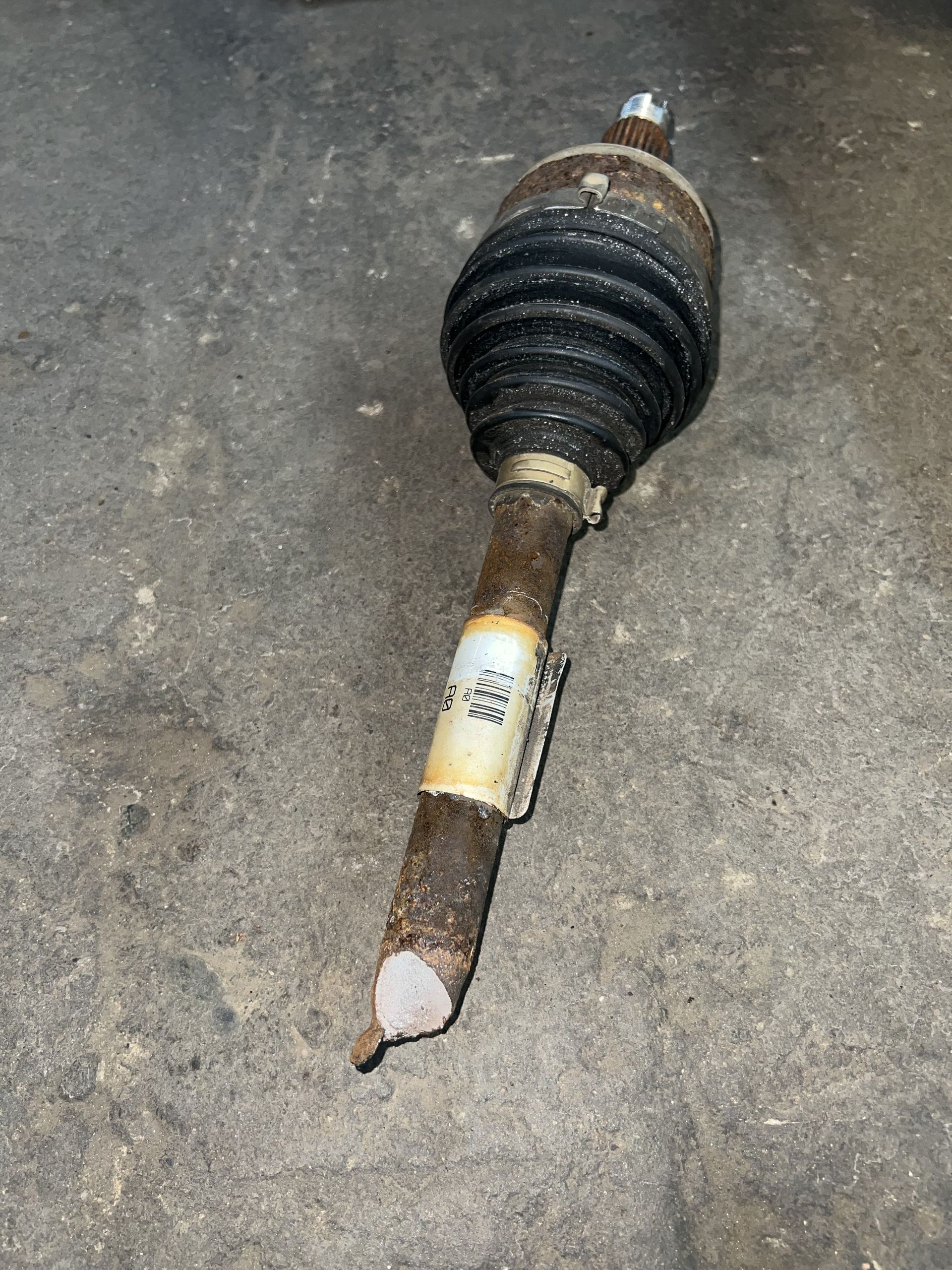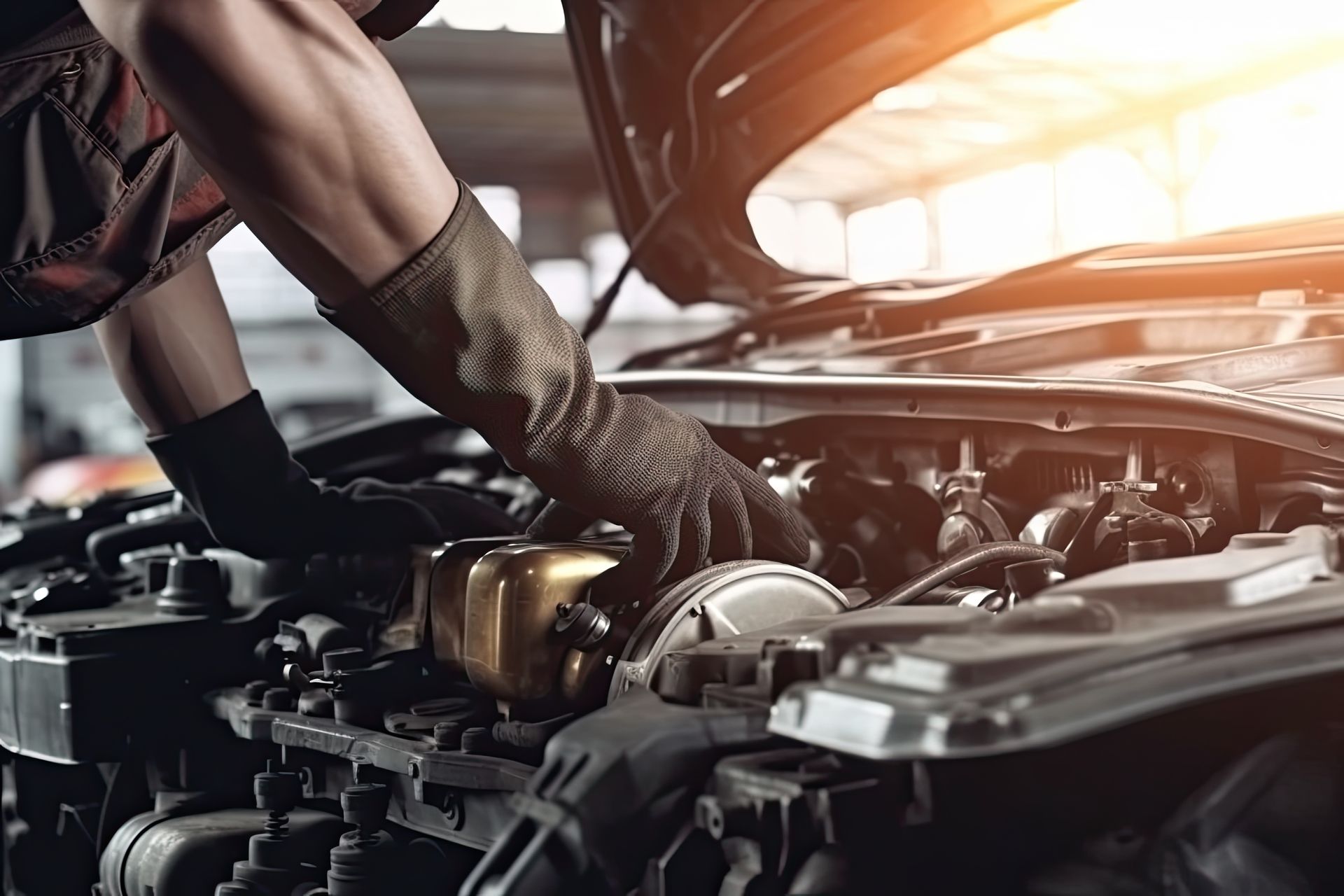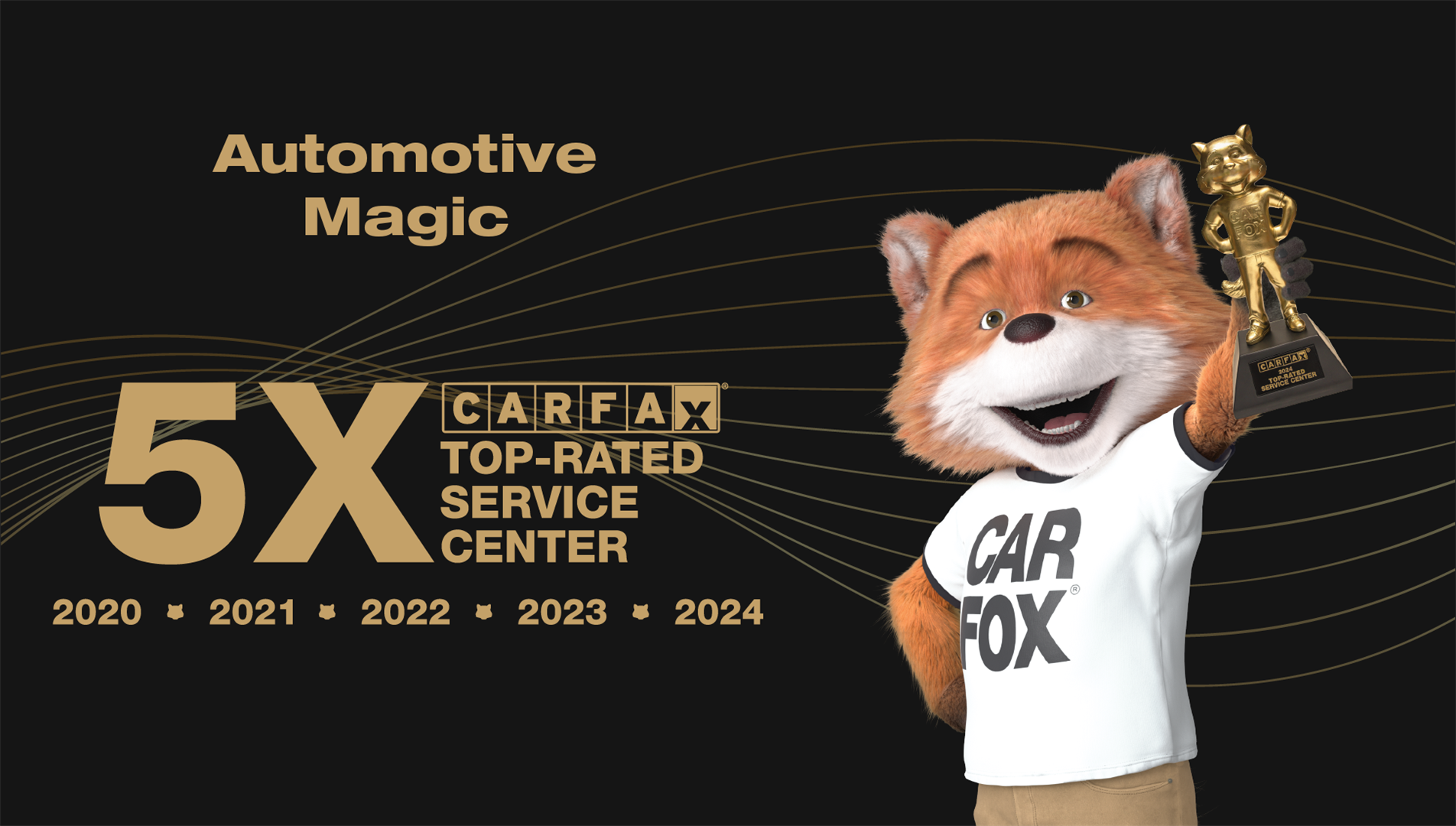Understanding Chevy Lifter Issues
Causes, Symptoms, and Solutions
If you're a Chevy owner, you may have heard of the dreaded lifter issues that seem to be plaguing some Chevrolet vehicles. Based on our experiences, it's a common problem that can cause everything from annoying ticking noises to serious performance issues, and eventually catastrophic motor failure. With so many coming in, we wanted to put a blog together to shine some light on these issues for our clients and anyone else who may not know or want to know more about them. So let's get into it!
What are Lifters?
Before diving into the issues, it is important to understand what lifters are and their role in the engine. Lifters are small cylindrical components located in the engine block. They sit between the camshaft and the pushrods or valves. The lifter's primary function is to transfer the movement of the camshaft to the pushrods or valves, which in turn open and close the engine's intake and exhaust valves. Essentially, their job is to open the valves so intake air can flow in, and exhaust gas can flow out.
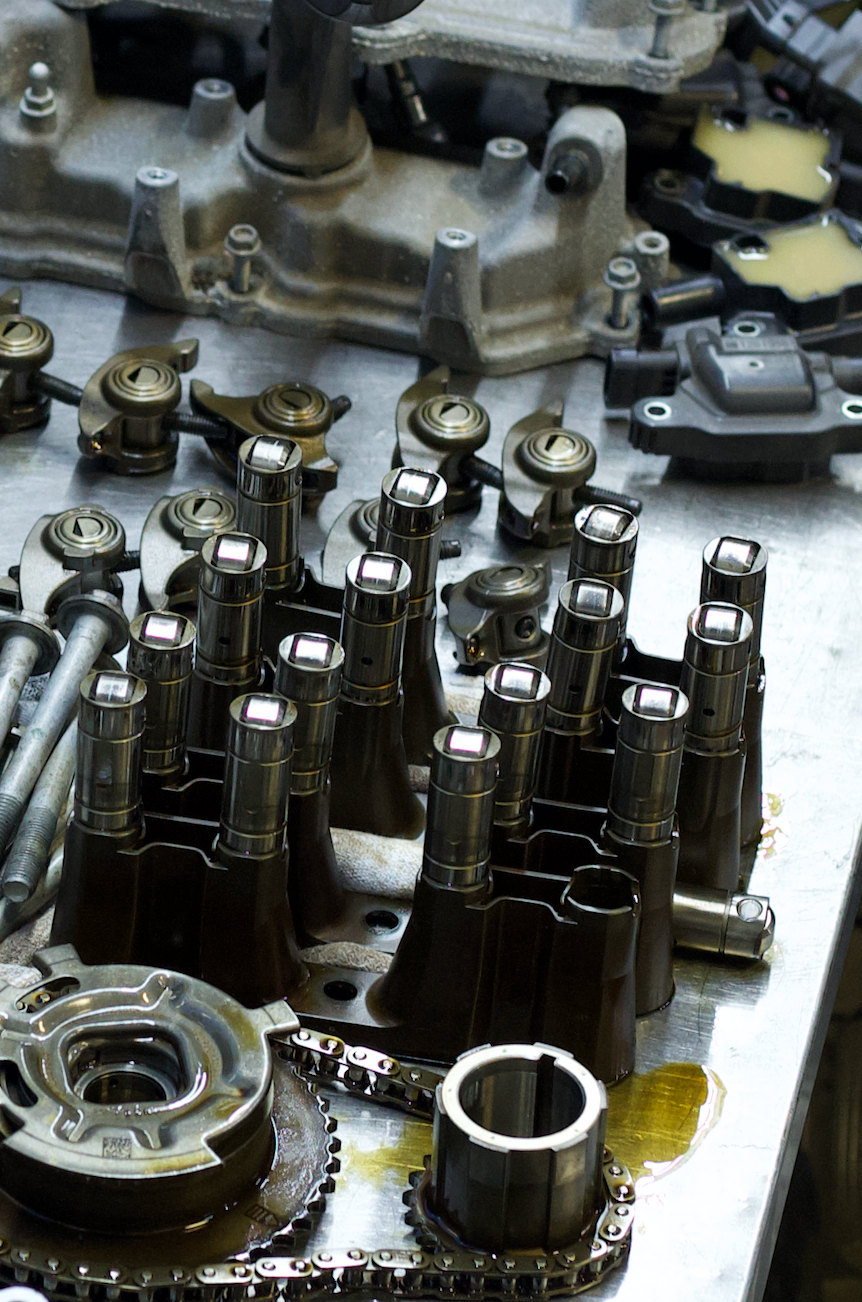
So what seems to be the issue?
The main issue that people are experiencing lies within the design itself. Chevy uses a deactivation system called AFM (Active Fuel Management) that is supposed to increase fuel economy by deactivating several cylinders in the motor. Now you may be asking yourself, what does fuel economy have to do with the issue in my motor? Well, the system uses special lifters that have a locking feature to deactivate a certain number of cylinders. Ideally, the lifters lock to deactivate some cylinders for better fuel economy while driving. Less cylinders firing means less fuel used.
The issue is that sometimes the lifters are not able to unlock, staying locked when they are not supposed to. Unfortunately, when the lifter gets stuck in the locked position, the camshaft hits the roller on the bottom of the lifter thousands of times per minute (based on engine RPMs). Now here is the thing, the rollers are designed to make contact with the camshaft. The whole point of them is actually to make the contact with the lifter smoother with less friction, less noisy, and more efficient. However, when the lifter is stuck the camshaft hits the rollers harder than it is supposed to, causing damage. The affected motors seem to be the 5.3L V8, the 6.0L V8, and the 6.2L V8.
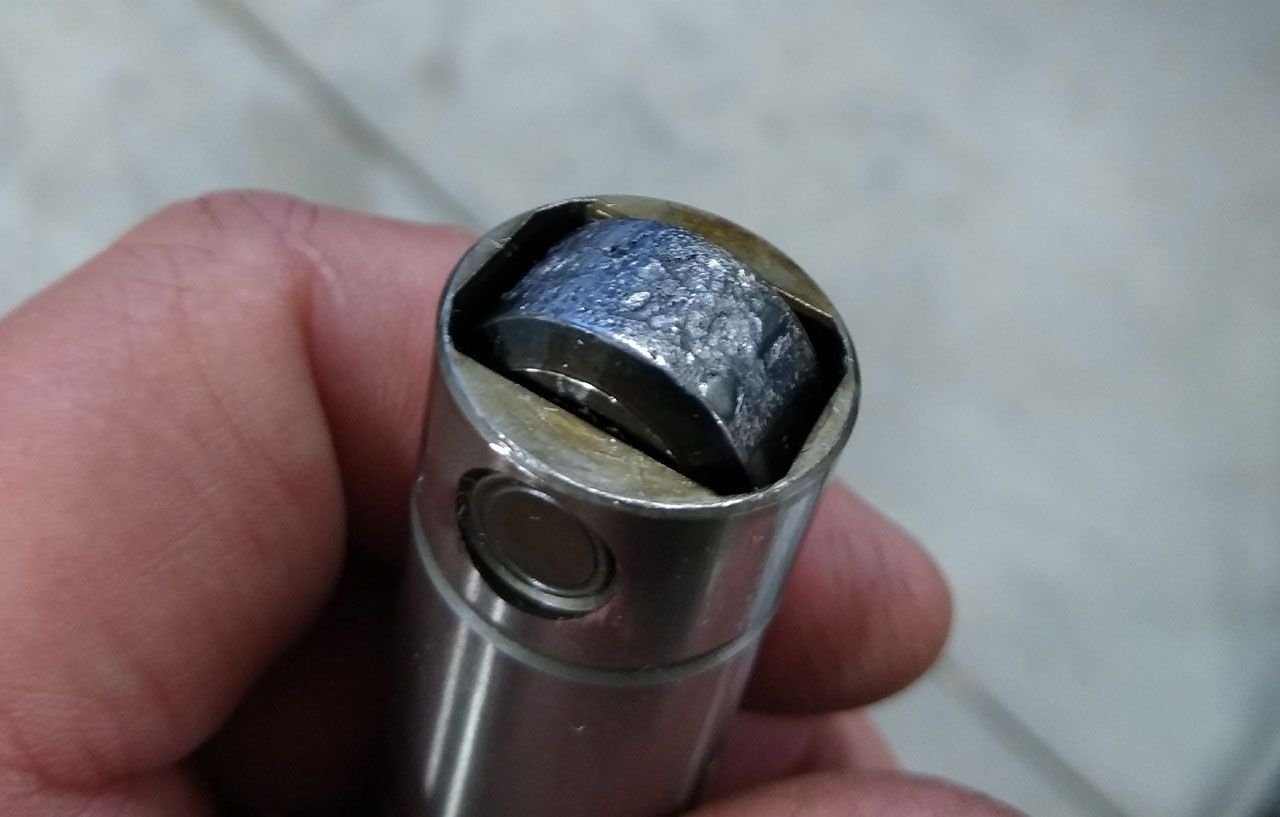
With that being said, other contributing factors make the motor more prone to having these failures. For example, contaminated oil with dirt or debris in it could clog the lifters and cause inefficient operation and eventual failure. Using the wrong type of oil can also contribute to these issues because the oil may be too thick or thin to do its job properly. Not having enough oil is a problem as well, causing excessive wear and reduced performance. Inadequate lubrication is one of the biggest killers in any motor, whether it has pre-existing issues or not. Without oil, the components wear out due to constant friction and heat and are prone to fail. This is why maintenance like oil changes should be done on time and oil levels should be checked regularly.
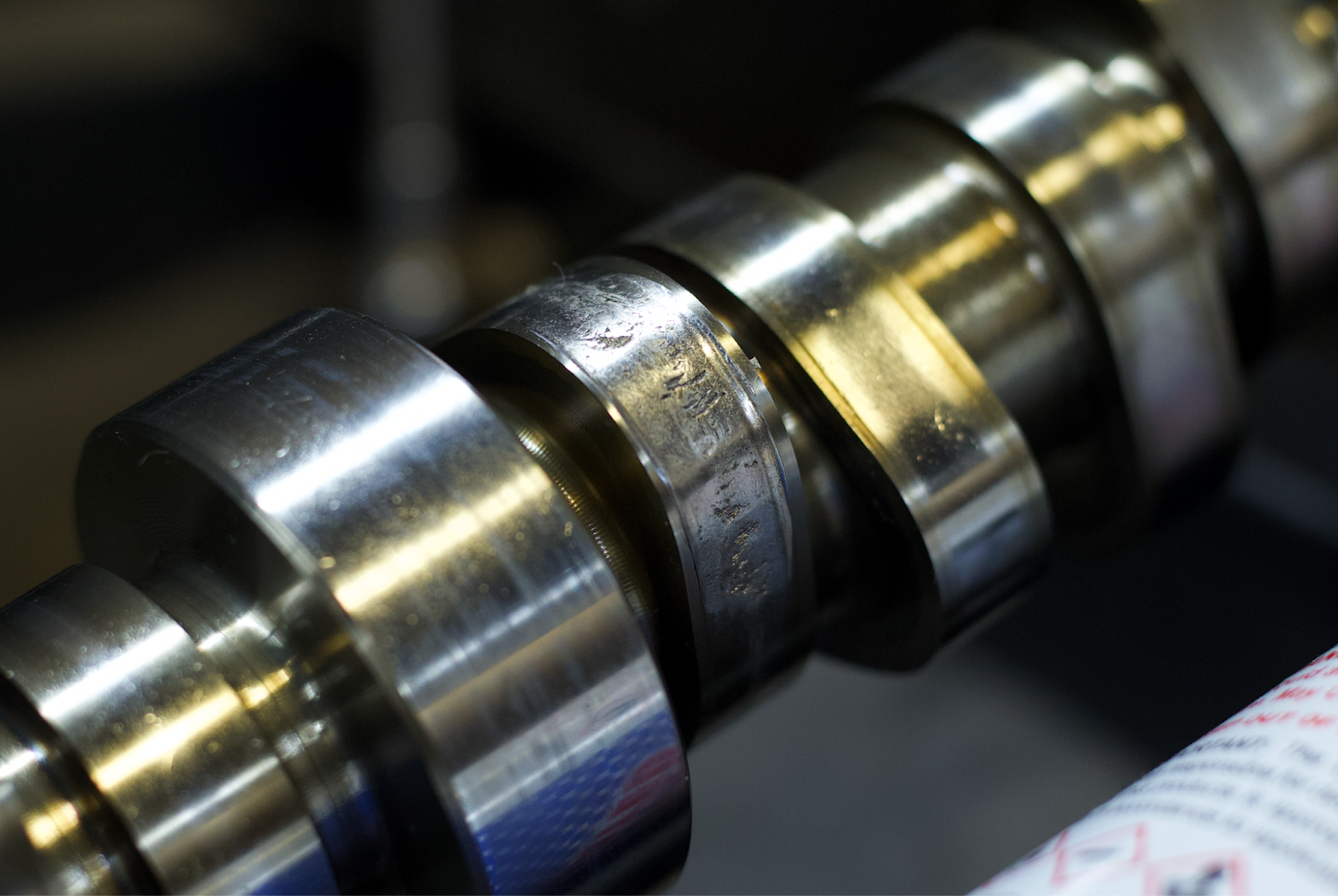
If you think you are having a lifter issue, we recommend you take it to a professional immediately to be looked over. The longer an issue like this is ignored, the greater the damage will be. However, there are a couple of things you can look for to help narrow down the issue at hand. Some symptoms of Chevy lifter issues can include:
- Ticking Noises: A common sign of lifter problems is a ticking or tapping noise coming from the engine. This noise is often most noticeable at startup or during acceleration.
- Poor Performance: Lifter issues can also reduce engine performance, including rough idling, misfires, and decreased power and fuel efficiency.
- Check Engine Light: In some cases, lifter problems can trigger the check engine light to illuminate on the dashboard, indicating a problem that needs attention.
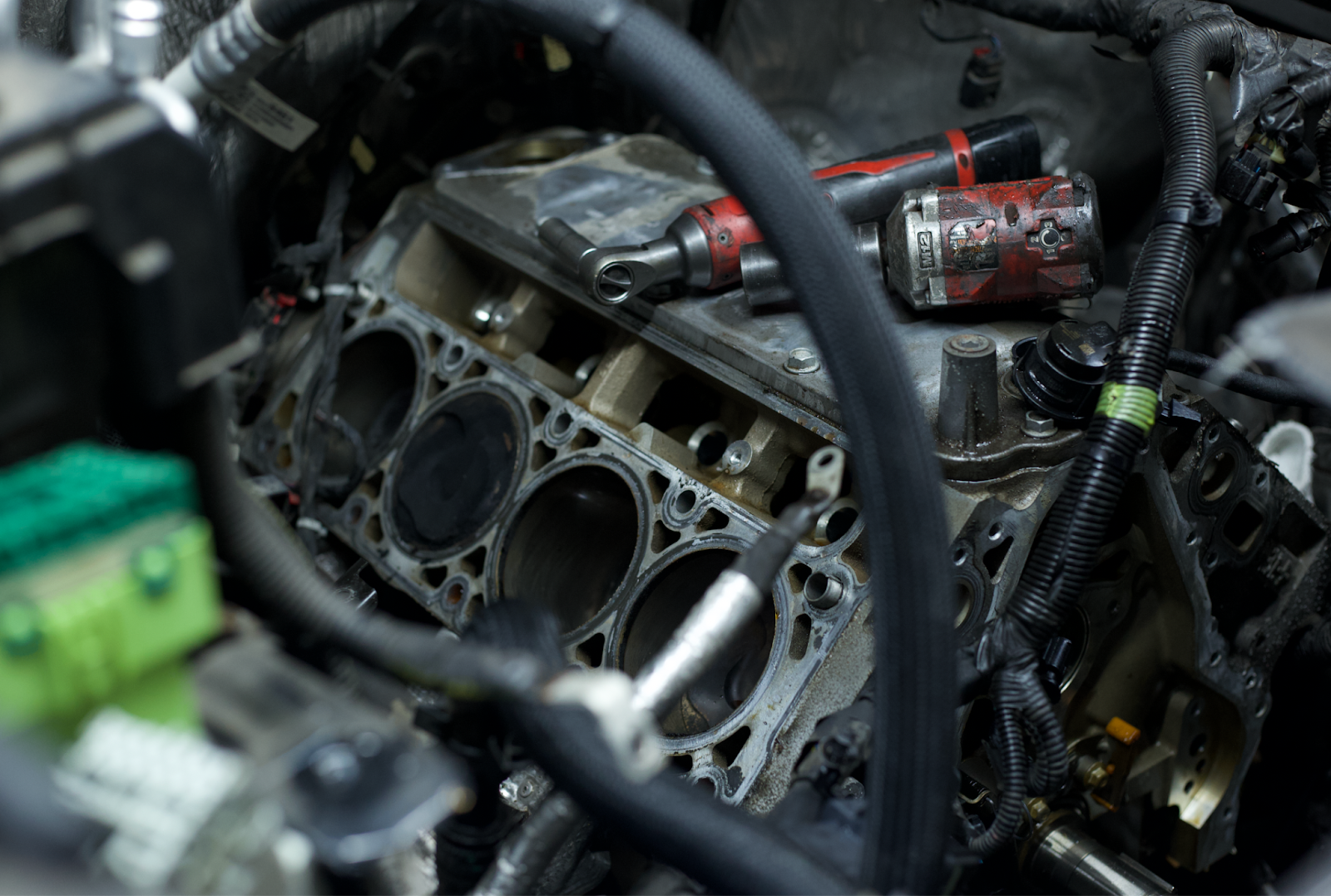
Unfortunately, by the time a lifter issue is noticeable to the owner of the vehicle, it is already too late to save it. The damage is already being done and the vehicle will need to be brought to a professional for repairs. This is a big job that requires the removal of the cylinder head(s), replacement of lifters, and sometimes the camshaft as well depending on how badly it was damaged. While there is no way to tell if and when this will happen to a vehicle, there are some steps owners can take that may prolong the appearance of these issues. The first step would be to make sure that Chevy’s recommended maintenance schedule is being followed and oil changes are done on time with the proper oil. This will keep the engine lubricated properly and help prevent wear and tear on the internals of the motor.
Another step that can be taken is using an engine flush to help remove contaminants or debris from the internal engine that could clog it and cause poor lubrication. This is usually an additive that gets put in the oil right before an oil change and then drained out with the old oil. As previously mentioned, in cases where a noise is apparent or the performance of the vehicle is affected, it is more than likely that there is damage that can not be reversed. At this point, the affected components will need to be replaced. If replacement is required, it might be a good idea to talk to a qualified professional about the parts being used for the replacement. There may be other aftermarket options available that outperform the reliability of the stock parts used from the factory.
Unfortunately, by the time a lifter issue is noticeable to the owner of the vehicle, it is already too late to save it. The damage is already being done and the vehicle will need to be brought to a professional for repairs. This is a big job that requires the removal of the cylinder head(s), replacement of lifters, and sometimes the camshaft as well depending on how badly it was damaged. While there is no way to tell if and when this will happen to a vehicle, there are some steps owners can take that may prolong the appearance of these issues.
The first step would be to make sure that Chevy’s recommended maintenance schedule is being followed and oil changes are done on time with the proper oil. This will keep the engine lubricated properly and help prevent wear and tear on the internals of the motor. Another step that can be taken is using an engine flush to help remove contaminants or debris from the internal engine that could clog it and cause poor lubrication. This is usually an additive that gets put in the oil right before an oil change and then drained out with the old oil.
As previously mentioned, in cases where a noise is apparent or the performance of the vehicle is affected, it is more than likely that there is damage that can not be reversed. At this point, the affected components will need to be replaced. If replacement is required, it might be a good idea to talk to a qualified professional about the parts being used for the replacement. There may be other aftermarket options available that outperform the reliability of the stock parts used from the factory.

Shawn Gilfillan is the dedicated owner of Automotive Magic in Kenvil, NJ. With over two decades of experience, Shawn has led his team in providing expert auto repair and service since 2003.
In 2022, Magic Lube & Rubber was born in Lake Hopatcong, NJ. Committed to fostering strong community ties and supporting team development, Shawn prioritizes customer satisfaction above all. As a proud family man and long-time resident of Roxbury, NJ, Shawn brings a blend of professionalism and warmth to his business.
Trust Shawn and his team for all your automotive needs with confidence and assurance.
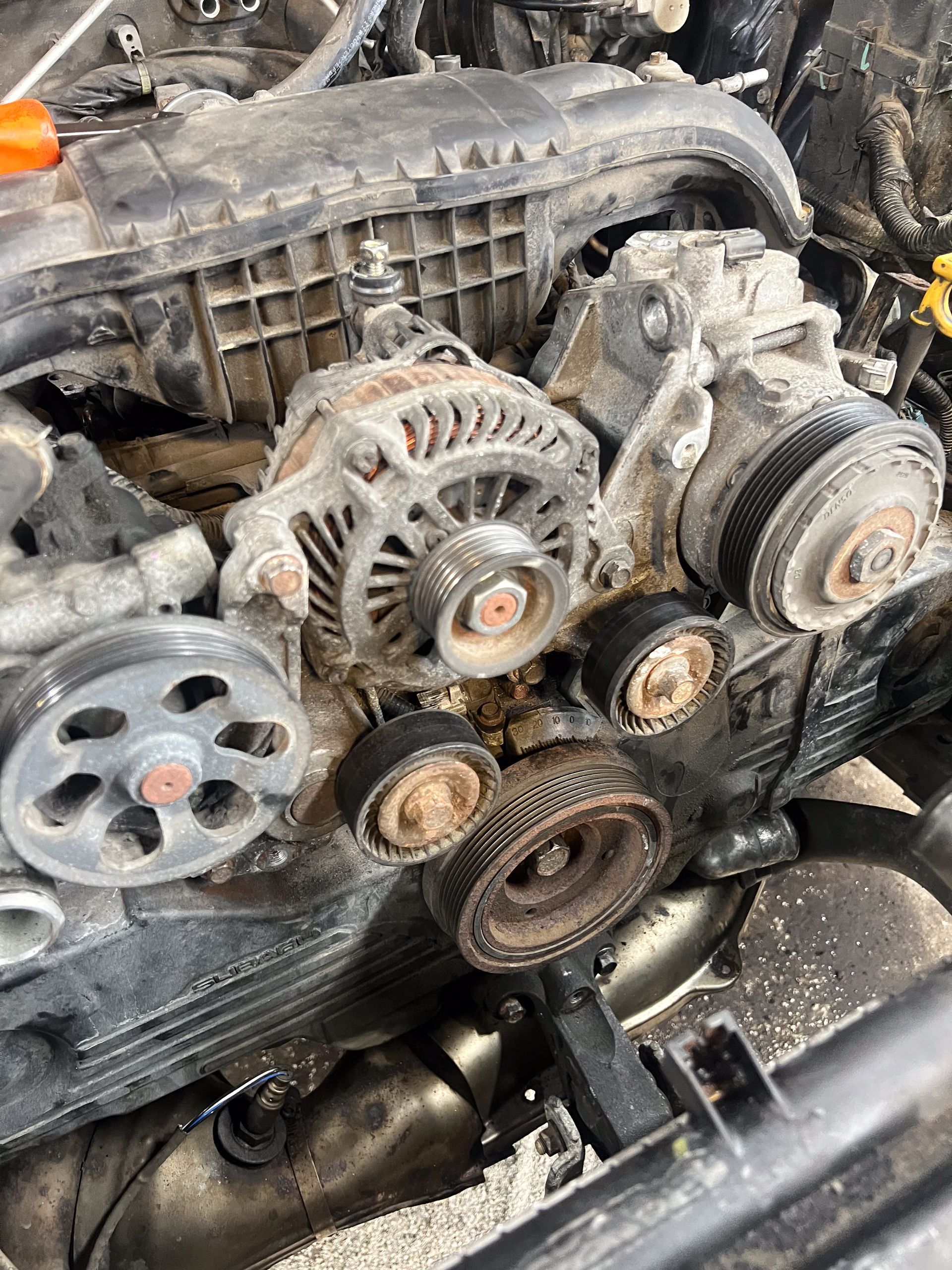

Professional Auto Services
cost-effectively provided.
Services
List of Services
-
Car A/C & Heat RepairCar A/C & Heat Repair
-
Brake Repair & ServiceBrake Repair & Service
-
Diagnostics & InspectionsDiagnostics & Inspections
-
Fleet ServiceFleet Service
-
Maintenance & Tune-UpsMaintenance & Tune-Ups
-
Oil & Lube ChangesOil & Lube Changes
-
Tire Service & AlignmentsTire Service & Alignments
-
Transmission ServiceTransmission Service
List of Services
-
Car A/C & Heat RepairCar A/C & Heat Repair
-
Brake Repair & ServiceBrake Repair & Service
-
Diagnostics & InspectionsDiagnostics & Inspections
-
Fleet ServiceFleet Service
-
Maintenance & Tune-UpsMaintenance & Tune-Ups
-
Oil & Lube ChangesOil & Lube Changes
-
Tire Service & AlignmentsTire Service & Alignments
-
Transmission ServiceTransmission Service




Services
List of Services
-
Car A/C & Heat RepairCar A/C & Heat Repair
-
Brake Repair & ServiceBrake Repair & Service
-
Diagnostics & InspectionsDiagnostics & Inspections
-
Fleet ServiceFleet Service
-
Maintenance & Tune-UpsMaintenance & Tune-Ups
-
Oil & Lube ChangesOil & Lube Changes
-
Tire Service & AlignmentsTire Service & Alignments
-
Transmission ServiceTransmission Service
List of Services
-
Car A/C & Heat RepairCar A/C & Heat Repair
-
Brake Repair & ServiceBrake Repair & Service
-
Diagnostics & InspectionsDiagnostics & Inspections
-
Fleet ServiceFleet Service
-
Maintenance & Tune-UpsMaintenance & Tune-Ups
-
Oil & Lube ChangesOil & Lube Changes
-
Tire Service & AlignmentsTire Service & Alignments
-
Transmission ServiceTransmission Service
© 2024 Automotive Magic. All Rights Reserved | Website managed by Shopgenie

